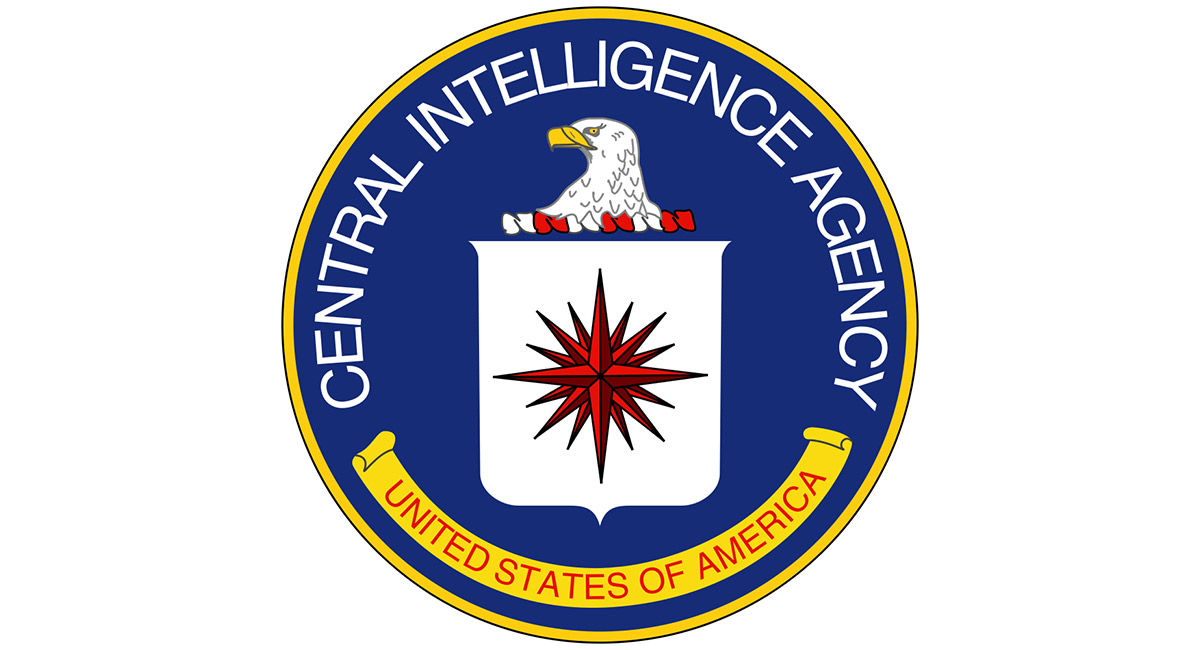Last month, Washington Post columnist George Will proclaimed, “I would like to see January 6th burned into the American mind as firmly as 9/11 because it was that scale of a shock to the system.” For Conrad Black, George Will “seems to have taken leave of his senses,” and the comparison wasn’t even close.
On Jan. 6, 2021, a few hundred people entered the U.S. Capitol and caused “relatively minor damage.” On Sept. 11, 2001, a “meticulously planned” terrorist assault with hijacked airlines claimed 3,000 victims. To all but the willfully blind, there could be no parallel.
“September 11, 2001, was a day of unprecedented shock and suffering in the history of the United States,” proclaimed “The 9/11 Commission Report: Final Report of the National Commission on Terrorist Attacks upon the United States.” “The nation was unprepared,” notes the 2004 report, including the agency that should have been the best prepared, the Central Intelligence Agency. Before 9/11, “no agency had more responsibility, or did more, to attack al Qaeda, working day and night, than the CIA,” but the bosses wanted more money.
CIA managers “believed they desperately needed funds just to continue their current counterterrorism effort,” the report said. To some officials, “the CIA’s leadership did not give sufficient priority to the battle against Bin Laden and al Qaeda.” After CIA director George Tenet obtained a supplemental appropriation, “the CIA still believed that it remained underfunded for terrorism.” On the other hand, the report leaves little doubt that the CIA underperformed.
Information from the National Security Agency (NSA) and CIA “often failed to make its way to criminal investigators.” The intelligence unit of the Federal Aviation Administration was supposed to receive “a broad range of intelligence” from the CIA, but didn’t.
After the attack on the U.S.S. Cole in October 2000, the CIA “had no definitive answer on the attack, how or by whom.” The agency “was not able to find or disrupt al Qaeda’s money flow,” and “analysts stopped distributing written reports about who was responsible.”
Counterterrorism director Richard Clarke warned that the CIA bureaucracy was “masterful at passive aggressive behavior” and “a hollow shell of words without deeds.”
In May 2001, reports were surging that al Qaeda terrorists Khalid al-Mihdhar, and Nawaf al-Hamzi had arrived in Los Angeles but “the CIA official who reviewed the cables took no action regarding them.” When al-Mihdhar flew to New York on July 4, 2001, “no one was looking for him.”
On May 15, 2001, CIA officials examined cables from 2000 indicating that al-Mihdhar had a U.S. visa and al-Hamzi had come to LA in 2000. According to the report, the CIA official who reviewed the cables took no action regarding them.
CIA agent “Jane” who had been involved with U.S.S. Cole, did not share information with an FBI agent because he was involved with merely “criminal” activities. That kept the FBI agent “from any search for Mihdhar” and Jane even destroyed the FBI agent’s copy of the lead “because it had NSC information.” And the CIA “did not write analytical assessments of possible hijacking scenarios.”
The CIA inspector general contributed to the 9/11 Commission Report, which doubtless understates the agency’s ineptitude. The report has no index and no names of CIA agents, so any lapses by CIA official John Brennan remain unknown.
In 1976, Brennan voted for hardline Stalinist Gus Hall, presidential candidate of the Communist Party USA. That was Brennan’s right, but there is no right to a job at the CIA, and a vote for a foreign-controlled political party hostile to the United States, disqualified Brennan from any job with the agency. Incredibly enough, the CIA duly hired Brennan in 1980 as a “career trainee” in the agency’s Directorate of Operations.
In 2009, President Barack Obama made Brennan assistant to the president for homeland security and counterterrorism before choosing him as CIA director in 2013. That marks a contrast with Clinton national security boss Anthony Snow, who in 1997 failed to become CIA director partly because he believed Stalinist spy Alger Hiss might be innocent.
Before 9/11, the CIA refused to share information with the FBI. By contrast, when the Crossfire Hurricane operation against President Donald Trump was playing out, the “intelligence community” did not hesitate to share information with the establishment media. In early 2018, former CIA director John Brennan became “the latest member of the NBC News and MSNBC family, officially signing with the network as a contributor.” How that enhanced national security is open to question, but it did expand the possibilities of CIA meddling in domestic politics.
CIA director Gina Haspel had been with the agency since 1985. By contrast, current director William Burns is a career diplomat who previously served as Under Secretary of State for Political Affairs, and after retirement became president of the Carnegie Endowment for International Peace. According to his official CIA profile, Burns has a record of “keeping Americans safe and secure,” but the people have cause to wonder.
Before 2001, the 9/11 Commission Report confirms, the CIA failed to keep America safe. Radical Islam is again ramping up, and under President Joe Biden, the southern border is more porous than ever. Before Sept. 11, 2021, the nation could easily experience more days of unprecedented shock and suffering, with casualties in the thousands. To adapt the famous saying of Milan Kundera, the struggle against terrorism is the struggle of memory against forgetting.








